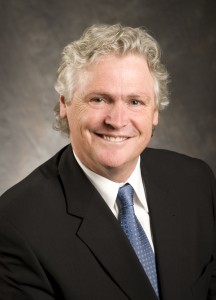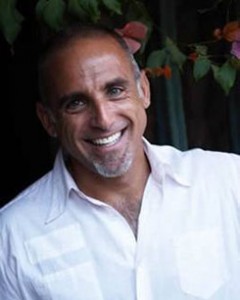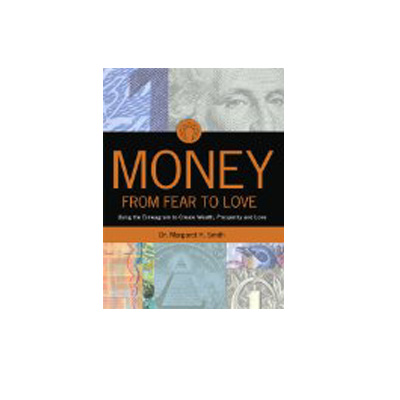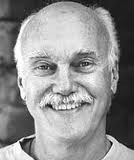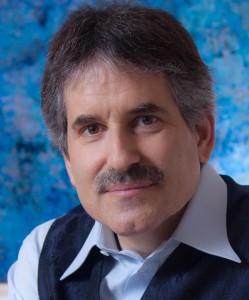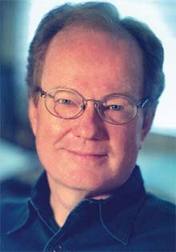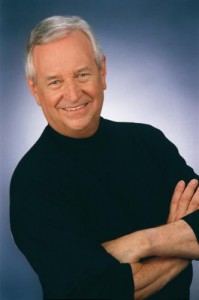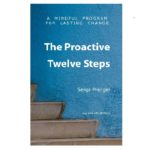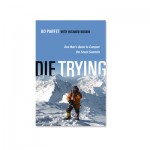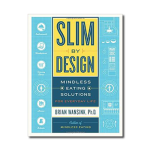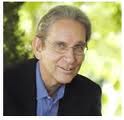 I know that their has been lots of talk recently about our brain health. Recently I had the honor of doing a podcast with John Ratey MD, the author of a book entitled ” Spark, The Revolutionary New Science of Exercise and the Brain.” In our interview together we discuss the many benefits and correlations to exercise and our brain health.
I know that their has been lots of talk recently about our brain health. Recently I had the honor of doing a podcast with John Ratey MD, the author of a book entitled ” Spark, The Revolutionary New Science of Exercise and the Brain.” In our interview together we discuss the many benefits and correlations to exercise and our brain health.
I know that many of us do not think about the “brain muscle” when we are doing our exercise programs, but the fact of the matter is that our exercise program has as much importance to keeping our brains sharp and clear as it does on building the other muscles in our body.
In a landmark study, aerobic exercise was shown to be as effective as antidepressants. That women who exercise lower their chances of developing dementia by 50%. Exercise even sparks new brain-cell growth, and it happens on three levels. First, it optimizes your mind-set to improve alertness, attention, and motivation; second, it prepares and encourages nerve cells to bind to one another, which is the cellular basis for logging in new information, and third, it spurs the development of new nerve cells from stem cells in the hippocampus. The evidence is incontrovertible: aerobic exercise physically transforms our brains for peak performance.
The world seems to be getting more and more stressful these days, and the correlation between exercise and stress reduction is not big news to anyone. But the importance that the exercise plays in improving our brain function is big news!!!. The face that we’re much less active than our ancestors only exacerbates matters. Just keep in mind that the more stress you have, the more your body needs to move to keep your brain running smoothly.
The next time you exercise, or more importantly decide to skip exercising think again. Your brain really needs you to put in extra hours on the treadmill or biking to perform at peak levels. If you want to learn more about exercise and your brain you can visit John Ratey’s website by clicking here. There are many articles and references that I know you will find of value.
I hope you enjoy listening to my interview with author John Ratey MD about ” Spark, The Revolutionary New Science of Exercise and the Brain.”
